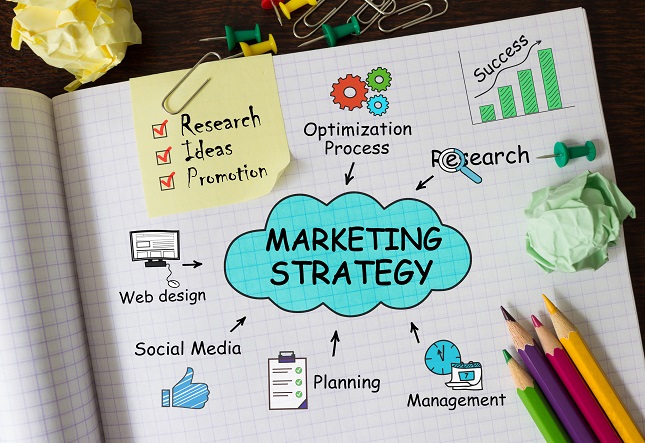Marketing on a tight budget is a common challenge for small businesses, but it’s far from impossible. With a strategic approach, even modest investments can yield significant results. Below are five effective, low-cost marketing strategies that can help your business grow without stretching your resources too thin.
1. Leverage the Power of Local SEO
Local SEO helps your business show up in searches made by people nearby who are actively looking for your services. It’s one of the most efficient ways to attract qualified leads without paying for ads.
Tips to get started:
- Set up and optimize your Google Business Profile.
- Use local keywords on your site (e.g., “dentist in Austin”).
- Encourage satisfied customers to leave Google reviews.
- Make sure your business info is consistent across online directories.
When done correctly, local SEO can drive long-term traffic to your website and foot traffic to your store all at no cost.
2. Launch a Customer Referral Program
Referral marketing turns your current customers into brand advocates. People trust recommendations from friends and family more than any form of paid advertising.
Create a simple referral program that rewards customers for bringing in new business. The reward can be a discount, a free product, or even a small gift.
Quick setup ideas:
- Use email and social media to promote the program.
- Make the process simple with a unique referral code.
- Thank referrers personally to encourage repeat participation.
It’s a powerful way to generate leads that already trust your brand—without any major spend.
3. Embrace Incremental Marketing
One of the smartest strategies for small businesses is to avoid “all-in” campaigns and instead build gradually. This approach, known as incremental marketing, allows you to start small, test an idea, channel, or message and then scale only what works.
For example, instead of launching a full-scale Google Ads campaign, you could start by promoting a single service in one location with a limited budget. Track how it performs, learn from the data, and either scale it or adjust it based on results. This reduces risk, conserves your budget, and builds marketing systems that improve over time.
4. Produce Value-Driven Content
Content marketing is a long-term strategy, but it can be incredibly effective and inexpensive. Providing helpful, relevant content to your audience builds trust and authority.
You don’t need to be a professional writer or videographer. Start by answering the most common questions your customers ask, either in blog posts, how-to videos, or social media tips.
Ideas for small business content:
- A lawn care company could post seasonal maintenance tips.
- A bakery might share behind-the-scenes baking videos.
- A personal trainer could create short Instagram workout clips.
Repurpose your content across different platforms to maximize exposure.
5. Partner With Other Small Businesses
Collaboration is a powerful and often underused tactic. Find other local or complementary businesses that share your audience and brainstorm ways to work together.
Partnership examples:
- A coffee shop and bookstore could host a joint event.
- A wedding photographer and florist could offer a bundled promotion.
- Local service providers could cross-promote on social media.
These partnerships help expand your reach without increasing your marketing spend, and they create opportunities for new customers to discover you through trusted sources.
Track, Measure, and Adjust
Regardless of which strategy you implement, always measure performance. Use free tools like Google Analytics, email insights, or social media metrics to see what’s driving results. If something works well, do more of it. If not, tweak or drop it.
Final Thoughts
You don’t need a big budget to run effective marketing campaigns. By focusing on strategies like local SEO, customer referrals, valuable content, and smart collaborations and by using incremental marketing to guide your growth, you can make every dollar count. Consistency, creativity, and data-driven decisions are the keys to building long-term success on a small business budget.



































